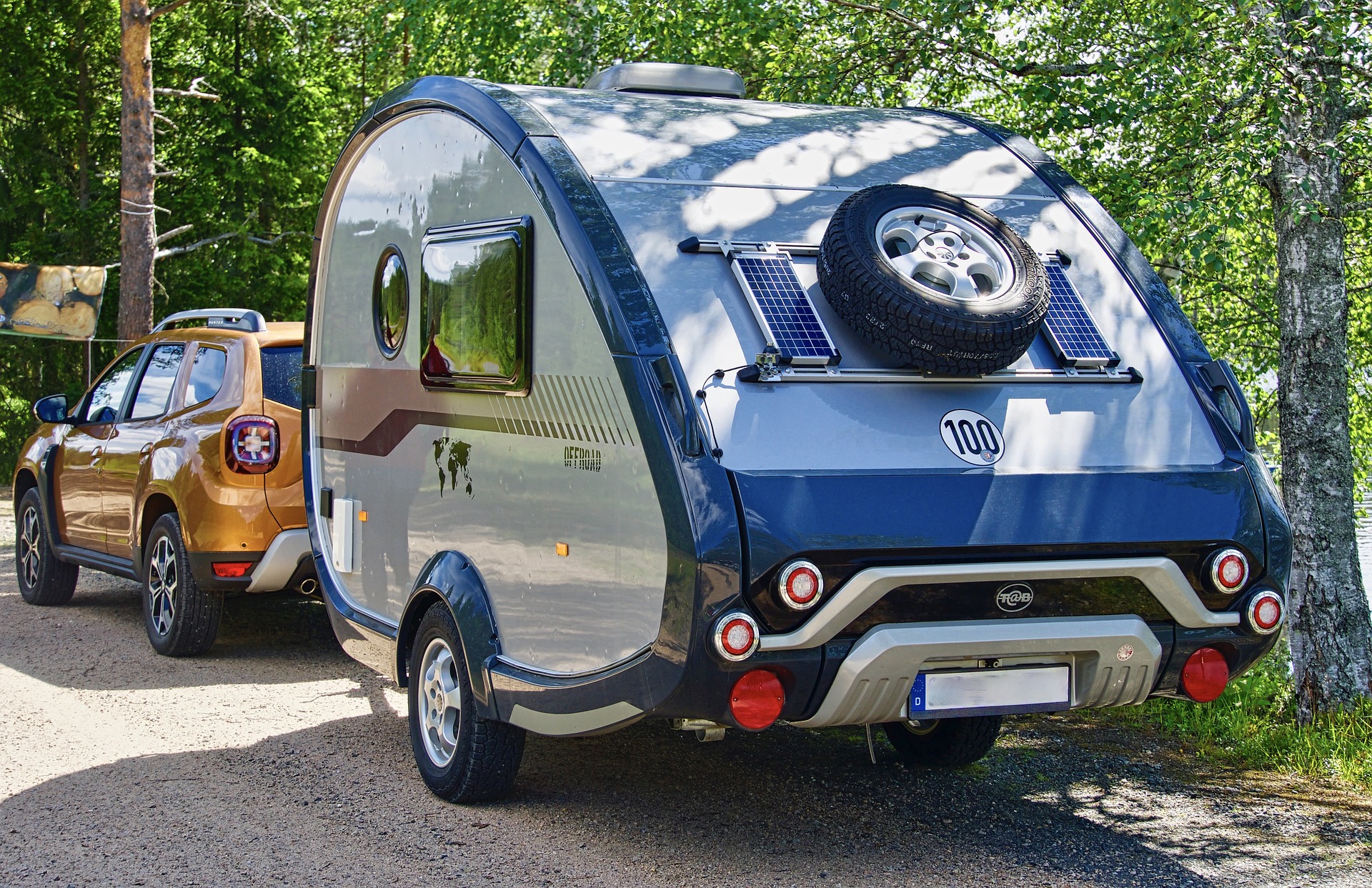Exploring the World of RVs, Campers, and Motorhomes: Your Ultimate Guide
The allure of the open road, the freedom to travel at your own pace, and the comfort of a home on wheels – these are just a few reasons why RVs, campers, and motorhomes have become increasingly popular in recent years. Whether you're a seasoned traveler or a novice adventurer, these versatile vehicles offer a unique way to explore the world around you. In this comprehensive guide, we'll delve into the world of recreational vehicles, discussing their types, features, and benefits, as well as providing valuable insights for those considering this exciting mode of travel.

What are the different types of RVs available?
The world of RVs is diverse, offering options to suit various needs and preferences. Here are some of the most common types:
-
Class A Motorhomes: These are the largest and most luxurious motorhomes, built on a commercial truck chassis or a specially designed motor vehicle chassis.
-
Class B Motorhomes (Campervans): These are built using a conventional van as a starting point, with the living space crafted within the van’s dimensions.
-
Class C Motorhomes: These are built on a truck chassis with an attached cab section, typically featuring an over-cab sleeping area.
-
Travel Trailers: These towable units range from small teardrop trailers to large 35-foot models and require a separate tow vehicle.
-
Fifth-Wheel Trailers: These are large towable units that connect to a special hitch in the bed of a pickup truck.
-
Pop-up Campers: These are lightweight, towable units that collapse for easy storage and towing, then pop up to create more living space when camping.
What are the benefits of RV travel and camping?
RV travel and camping offer numerous advantages for those seeking adventure and flexibility in their journeys:
-
Freedom and Flexibility: With an RV, you have the freedom to go where you want, when you want, without being tied to hotel reservations or flight schedules.
-
Cost-Effective Travel: While initial costs can be significant, RV travel can be more economical in the long run, especially for frequent travelers or those taking extended trips.
-
Comfort of Home: RVs provide many of the comforts of home, including a bed, kitchen, and bathroom, making travel more comfortable and convenient.
-
Connection with Nature: RV camping allows you to immerse yourself in nature while still enjoying modern amenities.
-
Family Bonding: RV trips can be excellent opportunities for families to spend quality time together and create lasting memories.
How do I choose the right RV for my needs?
Selecting the right RV depends on various factors, including your travel style, budget, and intended use. Consider the following:
-
Size and Maneuverability: Larger RVs offer more space but can be challenging to drive and park. Smaller units are easier to handle but may feel cramped for extended trips.
-
Amenities: Determine which features are essential for your comfort, such as a full kitchen, bathroom, or entertainment systems.
-
Towing Capacity: If considering a towable unit, ensure your vehicle has sufficient towing capacity.
-
Budget: Consider not just the purchase price but also ongoing costs like fuel, maintenance, and campground fees.
-
Frequency of Use: If you plan to use your RV frequently, investing in a higher-quality unit may be worthwhile.
What should I know about RV maintenance and upkeep?
Proper maintenance is crucial for ensuring your RV remains in good condition and provides years of enjoyable travel. Here are some key considerations:
-
Regular Inspections: Conduct thorough checks of your RV’s systems, including plumbing, electrical, and mechanical components, before and after trips.
-
Winterization: If you live in a cold climate, proper winterization is essential to prevent damage from freezing temperatures.
-
Tire Maintenance: Regularly check tire pressure and condition, as RV tires often wear out due to age rather than mileage.
-
Roof Care: Inspect and maintain the roof regularly to prevent leaks and water damage.
-
Battery Maintenance: Keep batteries charged and clean to ensure optimal performance.
-
Professional Servicing: Schedule regular professional servicing to address complex maintenance tasks and ensure all systems are functioning correctly.
The world of RVs, campers, and motorhomes offers exciting possibilities for travel and adventure. Whether you’re looking to embark on cross-country road trips or enjoy weekend getaways, there’s an RV option to suit your needs. By understanding the different types available, considering your specific requirements, and committing to proper maintenance, you can make the most of your RV experience and create unforgettable memories on the open road.





